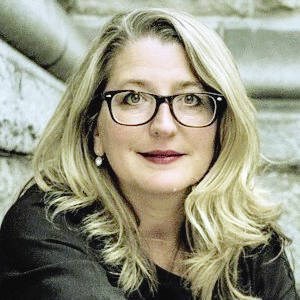There’s a lot less preaching by the NDP about the sanctity of the Agricultural Land Commission’s independence during a First Nation’s second attempt to get an addictions treatment centre built on designated farmland.
The first bid was rejected, which prompted cabinet consternation. A subsequent attempt looks like it’s getting special handling. Agriculture Minister Lana Popham discussed some aspects, but declined to answer key questions last week in the legislature.
“I don’t wish to speak about the particulars any more in case it looks like influencing of an application,” she said.
But it already looks like that.
Her ministry originally noted concerns about the application, but has changed its position after the controversy in March. It is now expressly supporting building the treatment centre. Her ministry even publicly shared its intention to write an order-in-council bypassing the Agricultural Land Reserve process for the project.
Orders-in-council come from cabinet deliberations that are usually considered confidential until they are signed. The one referred to never materialized and was just an option, said Popham.
The indication of provincial support was used as leverage to back the application, which is before the land commission.
After a three-hour cross-examination by B.C. Liberal MLA Mike de Jong, only one thing is clear:
The vaunted independence of the Agricultural Land Commission that the NDP talked about for so long is vastly over-rated. When the government wants something to happen on ALR land, it can make it happen.
Even if takes an end-run around its own rules protecting the sanctity of ALR decision-making.
Carrier-Sekani Family Services wanted to convert an old non-conforming lakeside resort in the ALR near Vanderhoof into a treatment centre for addicts. Much of the Tachick Lake property is a sloped, forested lakeside bank that has never been farmed. The plan is to replace the cabins and lodge with new facilities, which required land commission approval.
In February that was denied, which prompted an argument in the legislature. The Opposition demanded the government do something to allow the badly needed facility to proceed. Cabinet ministers expressed heartfelt support for the idea, but couldn’t do much about it.
Their hands were tied because the NDP changed ALR law in 2019 to rule out nearly every consideration for changing the reserve.
So with a worthwhile, politically charged application to build on ALR land now taking a second run at approval, they are trying to influence the supposedly independent commission and work around their own law.
The workaround goes a lot further than the original application did. The Carrier-Sekani, which has an option on the property subject to getting the use approved, originally wanted permission for non-farm use of a third of a hectare. Now the application is to have the entire nine-hectare parcel entirely removed from the ALR.
Popham’s deputy minister wrote to the Carrier-Sekani in April “to convey the ministry’s support of the … recovery centre. …
“While I cannot guarantee an outcome through the ALC, it is my hope that this letter demonstrates … the importance of your proposal to government.”
The letter is in the package that the regional district considered in supporting the application.
It’s quite a contrast to the position taken during the first failed application. Although the ministry recognized the need for the centre then, it noted concerns about the location within an active farming area and identified potential conflicts.
De Jong said the government is now “interfering in the independence of the commission by ensuring that it is aware and alive to a particular result that the government wishes to see happen.”
The panel recognized the social need for a treatment and the economic reasons for building on the site, but had to follow the law that stressed preservation of designated farmland.
But Popham told the house that’s not the only priority.
“It’s not that they must only consider that. There are other things that they consider.”
Popham’s 2019 bill made headlines because of the non-persons angle — it defined persons who can apply for removals only as governments, meaning farmers had to get local authorities to apply on their behalf for changes.
It will take similar creative interpretations to get the treatment centre built. It looks like they are well underway.
lleyne@timescolonist.com



